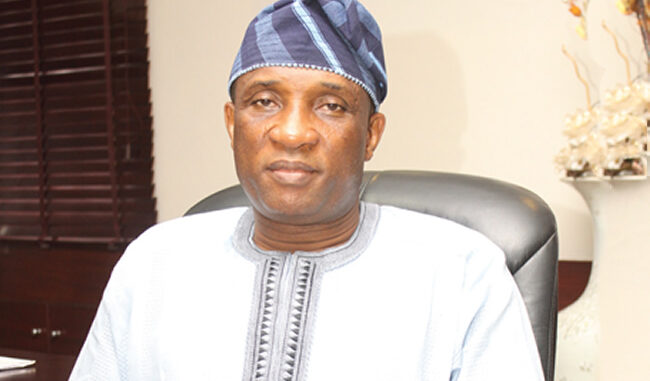
EVERY day, Nigerians hope for some balm to soothe their pain. But reports from the Federal Competition & Consumer Protection Commission headed by Tunji Bello will turn the screw in their wound. On August 29, Bello called traders and other market stakeholders to a meeting and gave them a month’s notice to crash the “exploitative pricing” of their goods or face what he called “firm enforcement.”
Bello’s ultimatum sounds good. After all, the FCCPC was established to protect and promote the interest of consumers, ensuring that what they eat and drink is clean and affordable.
On a closer look, the FCCPC move is just another chaotic and unfruitful knee-jerk pronouncement that has characterised the Bola Tinubu administration. The “subsidy is gone” and the naira flotation policies threw Nigerians into a tailspin from which they have not recovered.
The FCCPC later denied that it would fix prices but this seems like an afterthought.
Price hikes are hurting Nigerians but cracking down on traders and producers in the manner that Bello seems to favour will worsen it. It amounts to an attempt to cure an ailment with the wrong medication.
Bello says jail terms await violators “found guilty by the court.” The problem is that the FCCPC is attempting to fix prices, something that does not fall within its remit and is manifestly fraught with dangers.
Price fixing attacks the spirit of the free market and destroys businesses by discouraging investment and innovation in industries. This opens up spaces for black marketers and fakers as genuine operators withdraw. Hoarding sets in, and that translates into scarcity.
The Nigerian Employers’ Consultative Assembly said, “Price manipulation does occur, but the market should be allowed to regulate itself within the boundaries of fair competition.” NECA is right.
Indeed, this government lacks the moral right to control what it does not produce. At the Abuja meeting, the traders and producers told Bello about challenges ranging from importation and transportation costs to ‘nuisance taxes’ by non-state actors and government agents. They told him of increasing rents.
Price control hardly works seamlessly in any market economy. Muhammadu Buhari, in his first coming as Head of State, tried it in the ’80s with the ‘essential commodities’ queues and horsewhip-wielding soldiers in tow. It collapsed in due course.
Will Bello’s enforcers go from market to market, shop to shop and street to street looking for violators? It is a chaotic process likely to produce an assortment of characters, licensed or not, harassing traders and producers.
It is the government’s policies that are driving up prices. Without reviewing these policies, it is almost impossible for prices to be reduced. In a huge downturn, the naira has lost 68 per cent of its value after the floatation in June 2023. Along with insecurity and multiple taxes, this contributes heavily to the high prices of goods.
The Tinubu government has been increasing the prices of services. It started with cancelling the petrol subsidies, followed by the merger of naira rates. In April, the government unilaterally cancelled subsidies for Band A electricity consumers. From N68 per kilowatt hour, it went up to N225/kWh. The affected businesses are forced to increase prices. Last week, NNPC Ltd. increased petrol prices to N855 per litre in Lagos and N897/l upcountry.
To achieve price reduction, the government should crash petrol, diesel, and kerosene prices first, as this continues to bring untold hardship to most Nigerians.
Bello has his work cut out. He should go after hoarders, fakers, and producers of substandard products, including medicines, wines and other beverages.
There is so much Bello can do but fixing prices is a very wrong move.
END

Be the first to comment